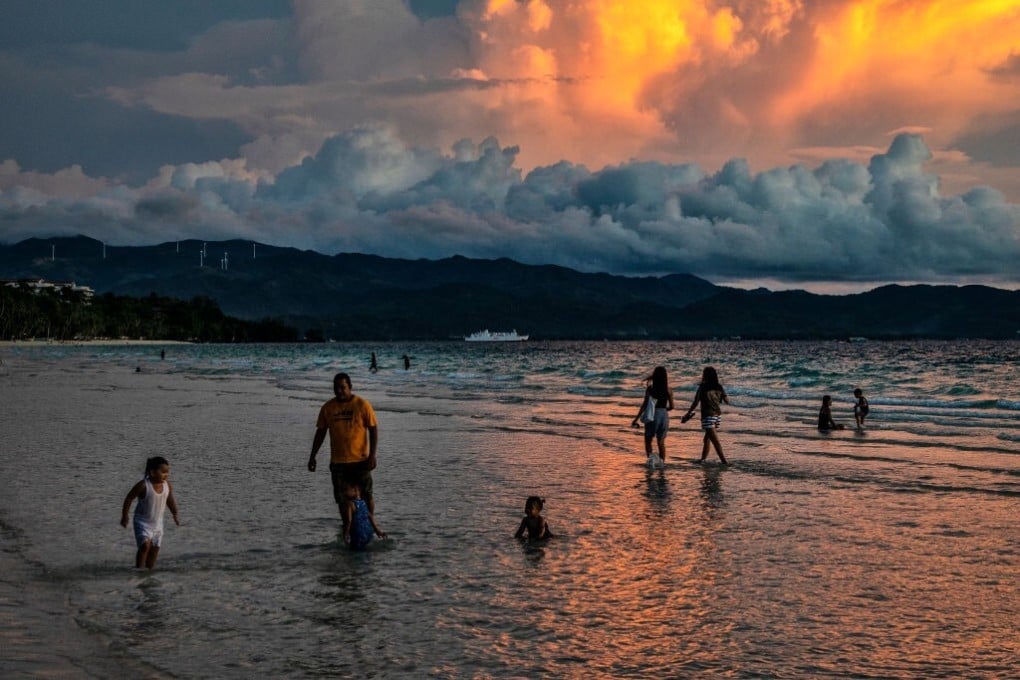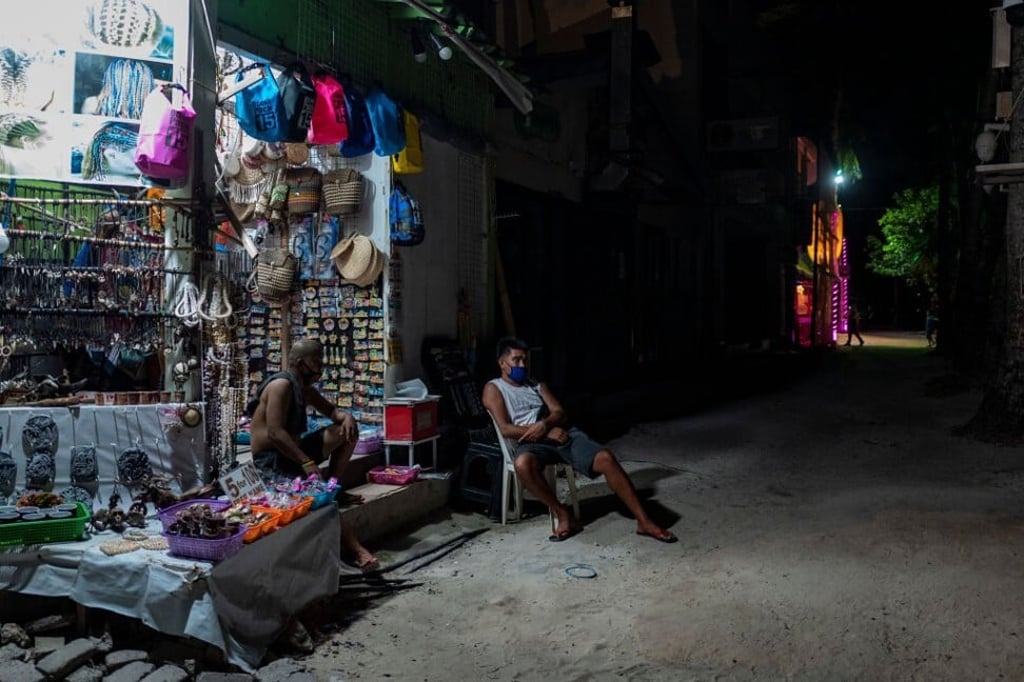Advertisement
Boracay update: how the Philippine tourist island is coping as Covid-19 disruption drags on
- Business at the popular tourist destination is still struggling and staff have been laid off, despite the best efforts of its resilient resort and bar owners
- Only 3,703 people arrived between December 1 and 12 – fewer visitors to the island than in a single day before the pandemic struck
Reading Time:3 minutes
Why you can trust SCMP

As with just about every other destination reliant on tourism, the economy of the Philippine island of Boracay has been devastated by the Covid-19 pandemic.
In August, Patrick Cuartero, a managing partner at cocktail bar Prisma Boracay, told the South China Morning Post that he wasn’t sure how long business owners on the island would be able to survive.
“I’ve already heard of many businesses shuttering. I’d only give it a few more months before things get critical,” he said.
Advertisement
Since then, the island, which has managed to remain Covid-free, has reopened to domestic visitors.

Advertisement
“Tourists – mostly locals and Manila-based expats – are starting to trickle in slowly,” says Maffi DeParis, the hotel and restaurant manager at DeParis Beach Resort. “It’s been fun to watch them enjoy the island during its most pristine and quiet December in decades.”
Advertisement
Select Voice
Choose your listening speed
Get through articles 2x faster
1.25x
250 WPM
Slow
Average
Fast
1.25x